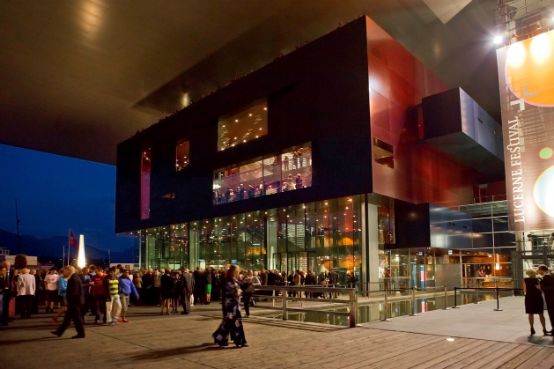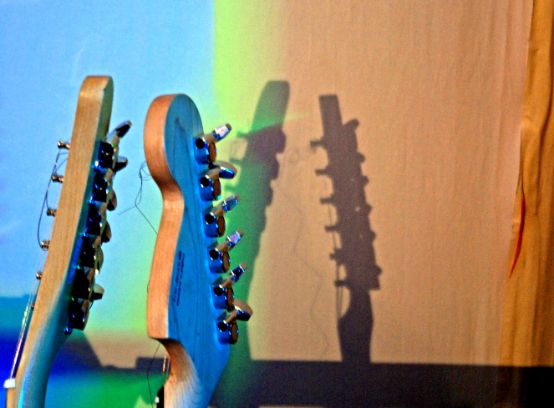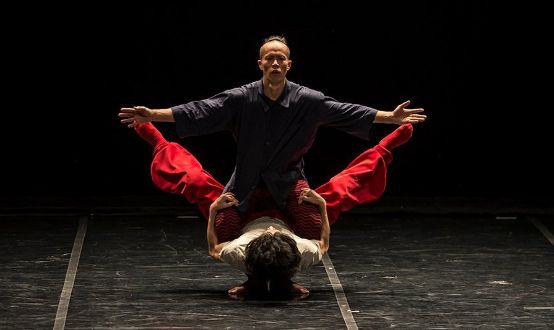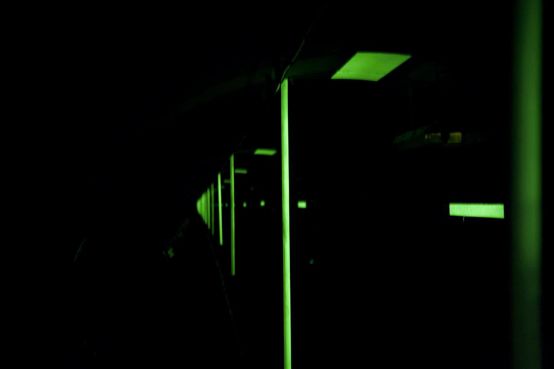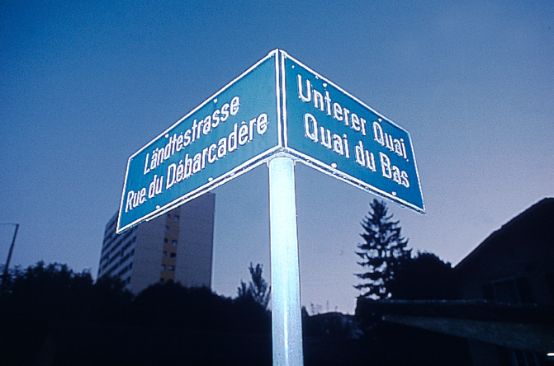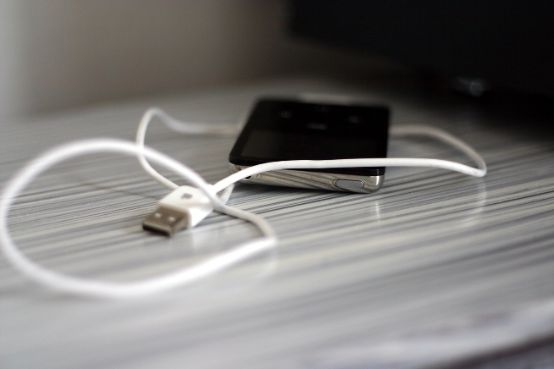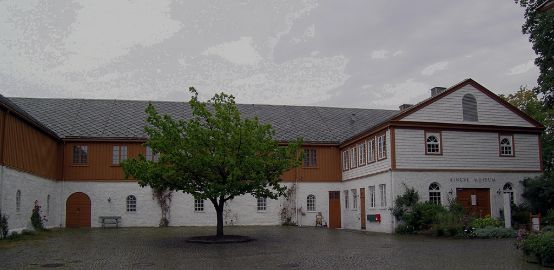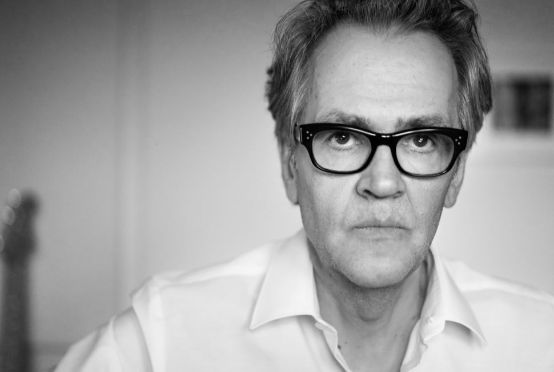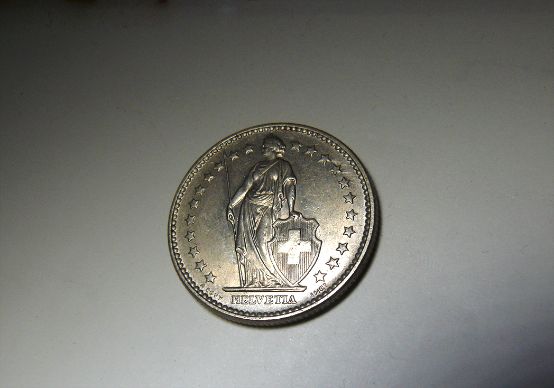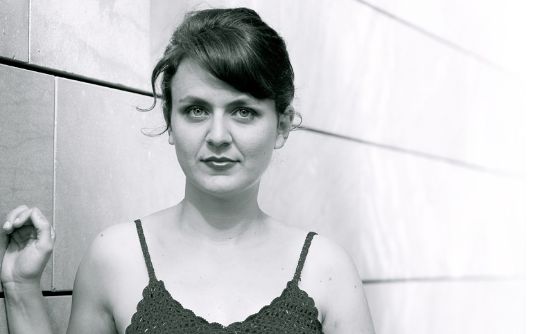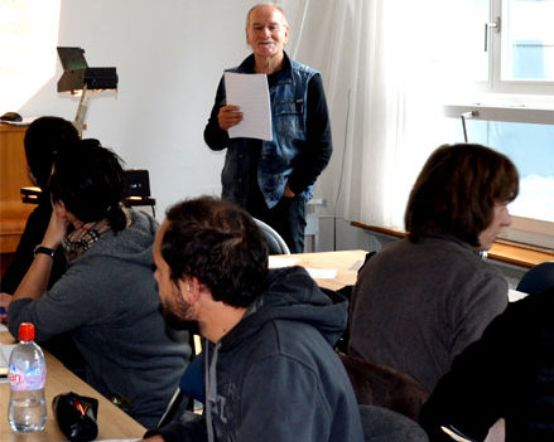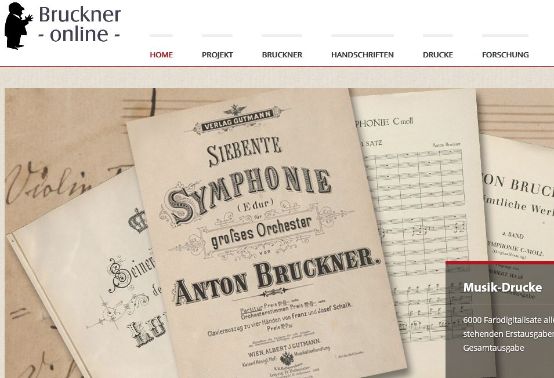Basel has often hosted original festivals of new music. For example, the grandiose "European Music Month 2001" or Gidon Kremer's "Les Muséiques", a festival that mainly took place in museums. Now Baselland and Baselstadt have joined forces on the initiative of Beat Gysin to realize the "local" biennial ZeitRäume Basel. Gysin presides over the Zeiträume association, which is responsible for the festival. At the press conference on June 23 in Laufen, festival director Bernhard Günther presented the diverse and exciting program
The concept is captivating: new music conquers new spaces and a new audience. It is also convincing in terms of quality. Renowned composers write pieces for unconventional concert spaces, incorporating the spaces into the compositions. And various school classes and music schools from the city and countryside as well as students from the Music Academy are involved in the productions in original ways.
A total of around 1000 participants will perform in the two Basel venues, and over 20 indoor and outdoor spaces will be acoustically illuminated over the four days of the festival, including the Basel Minster including the cloister and forecourt, the historic city center of Laufenburg, the Volkshaus, the Badischer Bahnhof station concourse, the State Archives, an open hall in the Rhine harbor area, the Lachsländerhof, the Alte Aula in the Natural History Museum and the Stadtcasino.
What is particularly striking about this first Biennale is the mixture of professionals and amateurs, of international greats and local forces. The program includes leading international composers such as Georg Friedrich Haas, Dieter Schnebel, James Clarke and Karlheinz Stockhausen as well as Swiss artists Beat Furrer, Daniel Ott and Edu Haubensak. Organizers such as the Basel Symphony Orchestra or the renowned quartets that perform the "Hofkonzerte" are for once involved in educational concepts for primary school pupils and music students. This togetherness, which will be revealed in the most unconventional places in Basel, should give the festival a grandiose appeal.
New music conquers everyday spaces
The various sound installations are an important part of this music festival. For example, the Swiss Architecture Museum will be showing the exhibition The Sound of Architecture from September 4. Berlin-based composer Peter Ablinger and the Electronic Studio of the Basel Music Academy are developing a concept specially tailored to the ears in the exhibition rooms.
In the backyard of the Music Academy, you can experience Walter Fähndrich's music installation Sunset, which immerses the courtyard in sound colors subtly attuned to the location. Uncomfortable music can be found on Theaterplatz with a "walk-in audio piece" by Peter Ablinger, which turns the sounds of the city into a staged experience. Or the mysterious Tunnel Spiral in the tunnel of the City parking garage, in which young composers from Basel create an interactive sound installation.
The exponents of new music, who are often regarded as elitist, will conquer everyday spaces, as four schoolchildren did at the press conference in Laufen, playing everyday objects. Squatting on a bucket of water, they turned orange plastic buckets with wooden mallets into percussion instruments, an impressive performance in terms of dramaturgy and concentration.
Under the direction of Sylwia Zytynska, around 300 pupils will take part in the Biennale itself, acoustically occupying not only the pretty "Stetli" in Laufen, but also Freiestrasse in the city of Basel. The mayor Alexander Imhof, who was present, was justifiably proud of the enthusiasm for music in Laufen's schools.
> www.zeitraeumebasel.com
